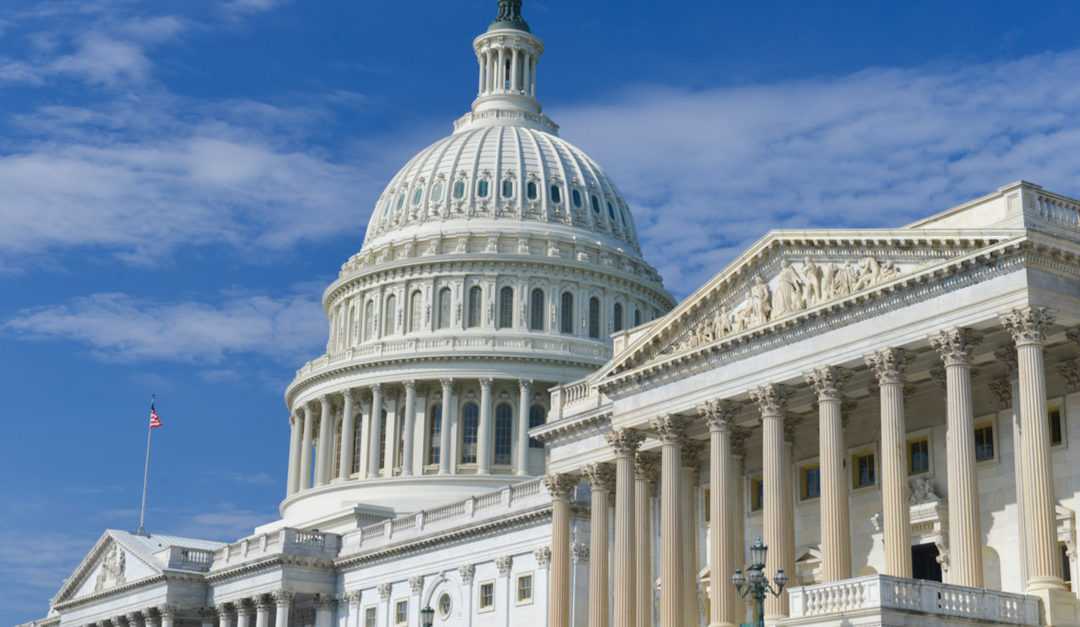At the beginning of the U.S. coronavirus outbreak FCC Chairman Pai asked broadband and telephone providers to take the Keep Americans Connected Pledge. Ultimately almost 800 broadband and telephone providers helped hundreds of thousands of Americans. They pledged not to terminate service to any residential or small business customers because of their inability to pay their bills due to the disruptions caused by the coronavirus pandemic, waived late fees for any residential or small business customers caused by their economic circumstances related to the coronavirus pandemic, and opened Wi-Fi hotspots to any American who needed them.
The chairman also encouraged all the providers to expand and improve low-income broadband programs they already had or to adopt low-income programs if they did not have them. In addition, he asked them to relax data cap policies, waive long-distance and overage fees, work with schools and libraries on remote learning opportunities and prioritize the connectivity needs of hospitals and healthcare providers.
Many jumped in, following the extra suggestions and taking them further. For example, Comcast promised to keep Wi-Fi hotspots open through the end of 2020. Verizon automatically enrolled Pledge customers into payment plans. Charter waived a portion of past due balances, and even raised the minimum wage for its workers to $20 an hour, investing in a workforce that can help keep people connected.
This was made possible because of decades of broadband industry investment in people and infrastructure. Despite predictions that the system would buckle, that peaks in use would crash the system, broadband provision grew and the industry took on more responsibility.
The emergency continued though. So, at the end of April the Chairman announced the extension of the Pledge until June 30, 2020.
With the extension deadline drawing near, and after the broadband provider industry provided tens of billions of dollars of support to Americans during this health emergency Chairman Pai changed tactics and sent a letter to Congress last week. In it he states what is obviously true, that despite the great success of program, a model of crisis response public-private partnerships, broadband and telephone companies, especially small ones, cannot continue to provide service indefinitely without being paid.
The solution is legislation. Congress needs to act to make sure that Americans who were disrupted by the coronavirus outbreak and the government mandated economic shutdown remain connected until the emergency ends.
If agreement did not exist before certainly there is agreement now that broadband connectivity is increasingly important for education, work, access to goods and services and for entertainment. Appropriate legislation to meet the demands of the day will have to include several elements.
The FCC’s telehealth program must have the appropriate resources to make sure health care facilities have adequate technologies to treat patients remotely. The country’s 911 system must similarly be up to the challenge. Permitting processes for telecommunications infrastructure and equipment need to be streamlined to reduce the time taken and to promote broadband deployment, job creation, and investment in next-generation communications networks.
Students increasingly need access to broadband to complete homework in remote education situations. Families who cannot stay connected due to economic challenges could be provided technology neutral vouchers, using existing processes, each month during the coronavirus emergency for communications services of their choice. In addition, work should be done in minority communities to promote digital equity. Also, policymakers must make progress on a variety of spectrum and infrastructure issues so that when the next emergency arises industry is once again ready to perform as well as it has this time.
Given the work the broadband carriers have already done and their vast experience in how to deliver cutting edge connectivity technology quickly and reliably, government should rely on them for continuing quick and safe responses to their customers. The Chairman has urged broadband providers to do all they can for one more month, until the end of July, giving Congress time to act. Chairman Pai is correct though in that Congress must act. Now is the time for Congress get to work and to stand by those who have helped the country during these times.


Recent Comments